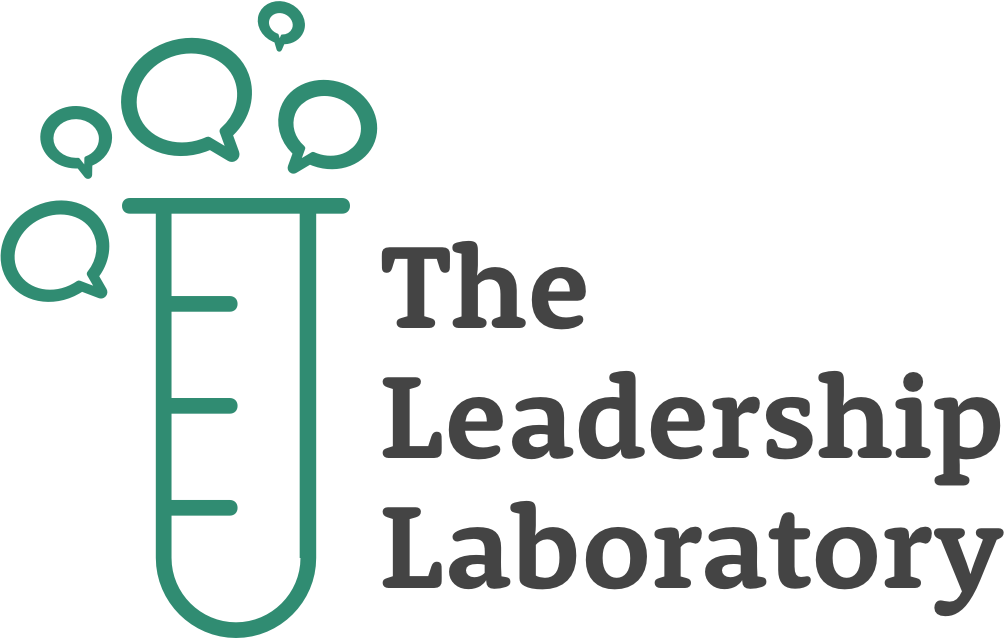Written by Jacob Goldstein — Executive Director
I recently had the opportunity to watch this TedTalk from Dr. Nita Mosby Tyler, founder of The Equity Project and former Chief Inclusion Officer for Children’s Hospital of Colorado. She began by saying that you could ask just about anyone, and they’ll admit they are tired of fighting for justice. She said that from her research, members of marginalized communities are tired of carrying the burden of stepping up or speaking out, and their allies are feeling that fatigue too. And, in her opinion, we need to think of a new way to showcase our allyship. As an ally, what can our role look like to advocate for and champion the ideas, suggestions, thoughts, concerns, and experiences of others?
As she shared in her story, Dr. Mosby-Tyler grew up in the segregated South in the middle of the Civil Rights movement. And at five-years-old, just like the other girls her age, she wanted to be a ballerina. Alongside her mother, she went from ballet school to ballet school all over town to enroll in classes, only to be told time-and-time again that she was not welcome. As you might suspect, it wasn’t because the class roster was full, or because Dr. Mosby-Tyler was too talented; she wasn’t allowed to enroll because she was black. She heard no, explicitly because of her race, time and time again at just five-years-old.
And Dr. Mosby-Tyler is not alone in her experience. There are hundreds of thousands of similar stories, from centuries ago, to modern times, and even in just the last few weeks, where individuals are treated differently. As an adult, and through her own research, this prompted a new question for Dr. Mosby-Tyler. Why didn’t anyone else step up? Where were the parents of the white students saying “This is wrong – just let the girl dance!”? Or the patrons at segregated restaurants saying “That’s not right – let that family eat.”
Standing Up as a Champion for Others
For Dr. Mosby-Tyler, this prompted a new approach for her as she worked to create a culture of inclusion and belonging in the workplace. Suddenly, it wasn’t just about standing up or speaking out for people within her own community. It was about championing, and advocating for people who were not. When she sat in church and heard a homophobic comment disguised as scripture, Dr. Mosby-Tyler would say “I’m sorry – why aren’t heterosexual churchgoers disrupting this nonsense?” Or in a room of her peers, when Baby Boomers and Gen-Xers were degrading Millennial or Gen-Z colleagues, stereotyping them as lazy, or entitled, or overconfident, she’d say “I’m sorry – why isn’t someone my age saying “stop stereotyping”!”?
When Dr. Mosby-Tyler talks about championing, she talks about the concept of an unlikely ally, or an unlikely advocate. We might expect, or even wait to hear from certain individuals when workplace processes, conversations, or decisions are inequitable or exclusive. The biggest impact, however, is from when this advocacy is unexpected. The good news is that we all have the power, we all have the opportunity, to champion and advocate on behalf of others.
How do you serve as a champion for diversity, equity and inclusion?
When talking about our roles as a champion, there are a few key considerations to keep in mind. The first is to be on the lookout for opportunities to serve as that champion. This is something that you can begin today. Think of one person, or two people, on your team. Is everyone here who needs to be? For everyone who is here, have they had an opportunity to have their voices, to have their knowledge, heard and seriously considered? And for those who have not, how can YOU, in the words of Dr. Mosby-Tyler, be the unlikely ally to advocate for their idea, suggestion, concern, or thought? A great ally is one who really sees the person sitting next to them. The most successful allies are the ones who sees there is a person missing who should be next to us.
Additionally, when championing on behalf of another, remember that there’s a big difference between advocacy and an all-out attack. The role of championing is to lift others up, and not necessarily to put anyone else down. There are certainly situations, hopefully rarely, where people in the “ist” categories – racist, sexist, homophobic, ableist – make statements or take actions that are completely and utterly inappropriate. You know what those situations are, and when and how to speak up. At the workplace, we can only hope that our role as a champion is to support others and hold up the mirror to those who otherwise wouldn’t know that their actions, decisions, or communication are inequitable or exclusive. The . As opposed to shouting at a person who made a sexist remark, ask the person if they were aware of what they said in the meeting that was perceived as sexist. We’re giving them the benefit of the doubt – assuming positive intent, even if it had a negative impact. One of the best things we can do when someone makes a comment is to “play dumb”. From personal experience, if someone says something in passing or in a meeting that goes against what the organization stands for from a diversity, equity and inclusion perspective, even phrases like “I’m sorry – what did you mean by that?” or “I’m confused – can you say that again?” can go a long way in having individuals re-think and re-evaluate their words or actions, and work to adjust their behavior for the future.
In our role as allies, our work is to be a champion for others, and speak up on behalf of those who have not been fully heard, or who have not been included in the decision, meeting, or conversation. It’s the unlikely allies, the unlikely advocates, who stand up on behalf of others that can make the biggest difference. Whether it’s actively being on the lookout for opportunities to be even more inclusive, speaking up against situations out of sync with the diversity, equity and inclusion values the team or organization has, or asking questions like “what did you mean by that?” to help make someone aware of their errors, there is work we all can do to advocate and champion an environment where diversity, equity and inclusion can thrive.
The Leadership Laboratory is a nation-wide, Chicago-based learning and leadership development company. We build and facilitate custom team and leadership development workshops aimed at transforming the way we lead our work and people. Through interactive workshops, participants will experience customized professional development for emerging and new leaders, established and senior leaders, and teams of all sizes. Feel free to browse our website, www.leadershipdevelopmentlab.com, to learn more about our team building workshop and leadership development programs.

